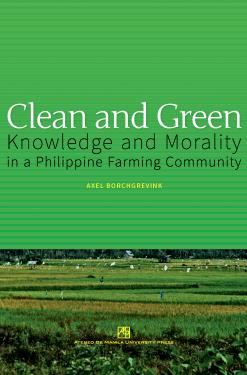
Why do tenants pay a greater share of the harvest to the land owner than they are obliged to? Why do villagers spend an inordinate amount of time and work in the upkeep and beautification of their public spaces? These are some of the questions explored in this monograph from a rice-cultivating village on Bohol. The author shows how a study of local knowledge and moral ideas can explainand show interconnections betweena wide range of contexts: tenancy relations, communal organization, conflict management and local politics, powerful amulets, medical practices and agricultural technology. By combining approaches from cognitive anthropology and the sociology of knowledge, the book is also an example of how one can study the meeting of local and global traditions of knowledge.
Published in 2014.




